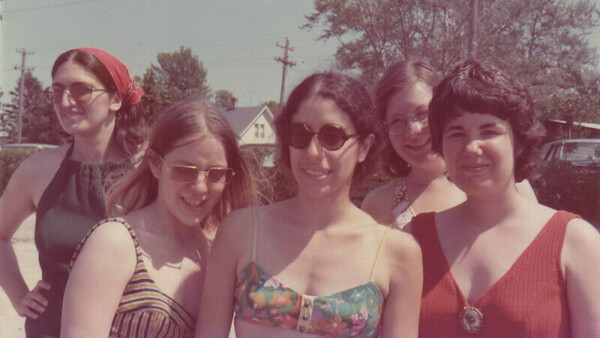
What we have learned from early abortion organizers—about practical support, fundraising, visibility, coalition-building and democracy—can be put to immediate and local use right now.
All eyes are on the Supreme Court’s decision in Dobbs v. Jackson Women’s Health Organization, which could dismantle Roe v. Wade for half the country. But we would do well to learn strategies from those who organized for abortion access before the Roe decision.
While Roe shifted the landscape of abortion care for many, it might surprise contemporary advocates to find how little it changed the lives of so many others. Why? Because without practical, affordable access, legal rights mean little. We should learn from early organizers how to maximize access to abortion care now and for the future, regardless of the upcoming SCOTUS decision.
We are longtime volunteers for abortion clinics in South Bend, Indiana. Here, as in most places in the U.S., some residents support abortion care—as do a majority of people in the U.S.—and some vehemently oppose it. We are also academics conducting an oral history project with community members who organized successfully for abortion access in the years before the Roe v. Wade decision and just afterward. Some activists we interviewed were physicians in those times, but many were survivors of illegal abortions, or simply advocates who worked hard to ensure women had the right to determine the direction of their lives when faced with an unwanted pregnancy. What we have learned from these early organizers—about practical support, fundraising, visibility, coalition-building and democracy—can be put to immediate and local use right now.